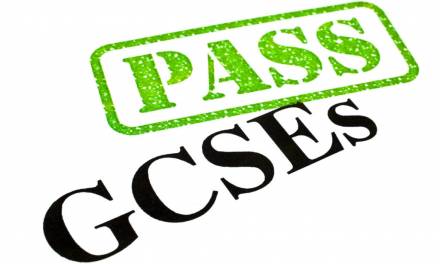A school catch up plan is in operation within many schools in the UK. Scotland have announced plans to get all pupils back to school over the next two weeks. In England, pupils will return full-time from September.
But the need to get children caught up on many essentials means changes to the curriculum in others.
Exam body, Ofqual, said they had “significant concern” about school’s abilities to cover all the subjects that form the basis of exam questions.
What could this mean for how education looks in 2020-21? This blog post explains.
School catch up: allow schools more choice over the content they teach
Following a consultation with schools to discuss whether to keep exams unchanged which was met with opposition.
School said it was hard for students “to get to grips with complex literacy texts remotely”.
The Government has agreed that students will be given a choice of topics (on which they will be asked questions), in order for schools to focus on smaller text.
In Literature, students will be expected to write about a Shakespeare play – but they can choose two out of the three remaining content areas: poetry, the 19th Century novel and post-1914 British fiction and drama.
A similar choice will be available in GCSE history.
What could this mean for exams?
Ofqual also had considered delaying the start of the GCSE exam season to June instead of May – but is still debating this issue.
The exam body said that with exam season finishing a few weeks before the end of the school term there was some room for manoeuvre – however it may have knock-on effects on the marking process.
Because GCSE results day currently takes place at the end of August, there is a risk that any delay would run into the start of the following academic year. This could mean implications for students planning to start A-levels or vocational qualifications – where the person’s results could alter which path is best.
Duncan Baldwin, deputy director of policy at the Association of School and College Leaders said:
Changes to exams amount only to tinkering at the edges when it is clear that students could experience widespread ongoing disruption over the course of the next academic year.
Everybody can see that the situation with coronavirus remains precarious. Schools may partially close in response to local outbreaks over the next year and students may need to self-isolate.
It would therefore be ‘extremely challenging’ to teach all the content for GCSEs and A-levels on top of the disruption that has already taken place.
How can EDClass help with school catch up?
Paul Whiteman, general secretary of the school leaders union NAHT, described the plans as “too little, too late”.
Instead, schools and students are now being left in the unenviable position that they will be expected to cover as much content as possible in a reduced amount of time. This is unfair on students and it is unfair on schools and colleges.
EDClass can help with school catch up – with access to 11,000 lessons and tailored learning provided to students.
Students can undertake a skills gap analysis in order to identify strengths and weaknesses. A sophisticated tracking system means teachers can analyse performance as students work through the lessons. The benefit of the service being provided online means students are provided with instant feedback.
Plus, students are fully safeguarded through a range of mechanisms: alerts, instant chat functionality, eyes-on learning and access to highly trained teachers to raise any concerns.
For a free demonstration click here.
To find out more about school reopening click here. To speak to a member of our team, call 01909 568 338.










